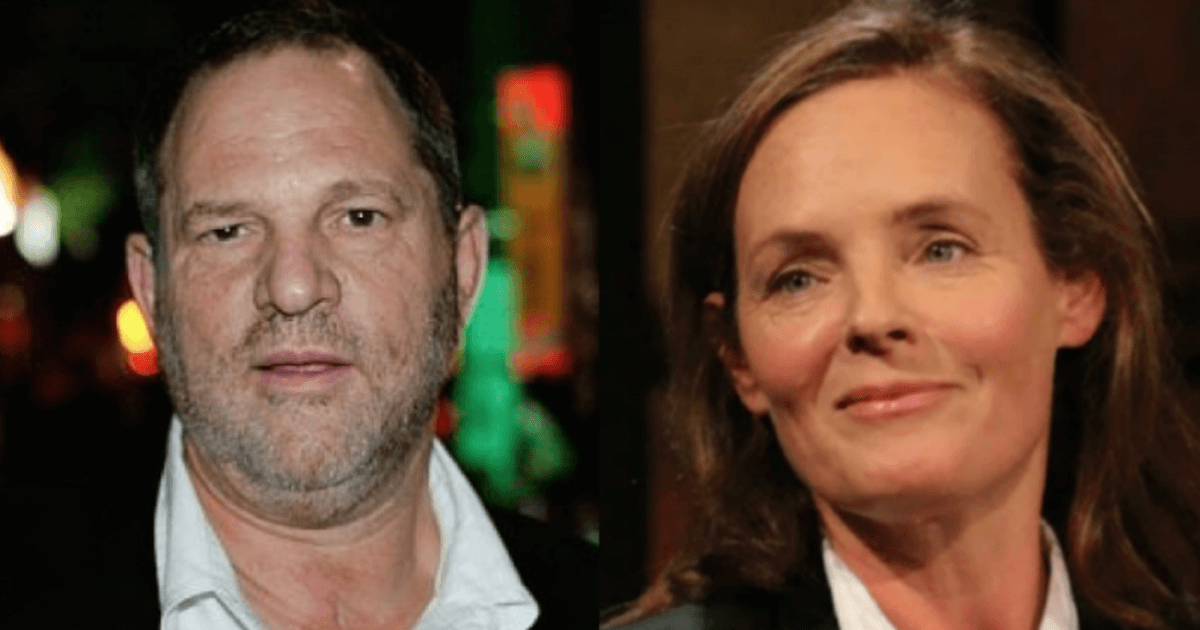A lot of people have told SurvivorNet that getting through cancer was actually an empowering experience that allowed them to live and express themselves more honestly. That’s exactly what happened for Laura Madden, who says that breast cancer helped her realize that she should be open about her sexual assault and come forward with her story about Harvey Weinstein.
"[Breast cancer] made me feel like there was no point in being frightened of things anymore," Madden told Stylist. "That you'd faced a life and death situation, and you just didn't have time to be fearful."
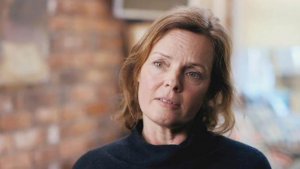

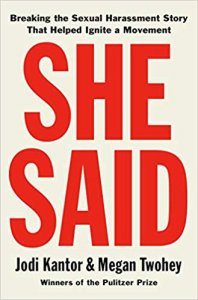
Madden worked for Miramax for six years after that, but she also told a female colleague her story in the first few days, which led that colleague to confront Weinstein on the phone about what Madden had said. As a result, Weinstein apologized and told Madden not to worry and to take the job, but Madden immediately felt that she didn’t get the job on her own merit.
Before she ever heard from Jodi and Megan, she says she received a call from Harvey Weinstein’s office. “Weirdly a week before Jodi rang me [in July 2017], I had received a phone call out of the blue from an ex-Miramax colleague who I hadn't spoken to for 20-30 years,” she says.
“She was ringing me to ask if I was speaking to any 'cockroach journalists', and trying to coach me into saying what a wonderful time I'd had working at Miramax,” she continued in the interview. “And I was really shocked. I suddenly thought, ‘she's been made to ring me,’ Weinstein is behind this. That galvanized me to expect a call from I didn't know who, but a journalist. When Jodi did ring me I was totally ready for it and prepared to speak to her, off the record at first.”
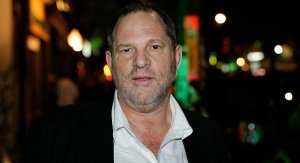
For Madden, it was really important that she talk to her kids before agreeing to go on record, “Their faces initially were deeply shocked, and I thought it was going to be horrifying for them, but I was so surprised they turned from being shocked to being proud,” she says.
And that they provided love and support, and wanted her to tell her story, “They kept saying, ‘I'm so proud of you, it's so good that you're part of this. Things have got to change. Our friends go through all kinds of experiences.’ Seeing their reaction, it was very clear I did have a role to play.”
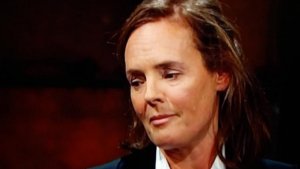
She admitted she more sure of herself in some moments than in others, “It was such a journey over the months of talking to Jodi, of one minute feeling confident about doing it and another minute feeling really nervous. By the time it had got to that conversation with my children, it felt clear and I wasn't frightened anymore.”
And said that she can remember the moment when she knew she wasn’t going to back out, “The following evening I sent Jodi and Megan an email. I think once I had sent that email I had made a decision I was going to follow through with it, and not be hesitant about having made the wrong decision.”
When asked for her advice to anyone struggling with similar issues, Madden said they should raise their voice and make themselves heard, “Listen to your intuition, trust yourself and assert yourself.” "Actually if you don't [speak up] because you think you're going to be compromised, the job isn't worth it, it's sullied anyway."
Information about feeling empowered after cancer
“If I had gone through cancer and come out the other side, then I can do anything,” cancer survivor Carrie Kreiswirth told SurvivorNet.
For Carrie, running an entire marathon seemed impossible before cancer, but afterward, she knew she could do it. “I know it sounds funny but I never would have even considered running a marathon if I didn’t have cancer.” Believe it or not, she’s not the only one. A lot of survivors tell us that they discovered a new-found inner strength after taking on the disease, and decided to put it to good use.
Cancer survivor Carrie Kreiswirth on finding inner strength because of cancer
Carrie explains that she struggled a lot during treatment — she even felt like she lost a part of herself when she was feeling rundown during chemotherapy. So how did she turn it around? “I got to a certain point where I just started making certain shifts and certain changes and slowly, but surely, I have started to feel more like myself than I ever had,” Carrie says. “I changed a lot of my eating habits, I changed my exercise habits. Running a marathon was certainly a lofty goal to set for myself, but I needed that. I needed to know that I could do that … and if I had gone through cancer and come out the other side, then I could do anything.”
Learn more about SurvivorNet's rigorous medical review process.

